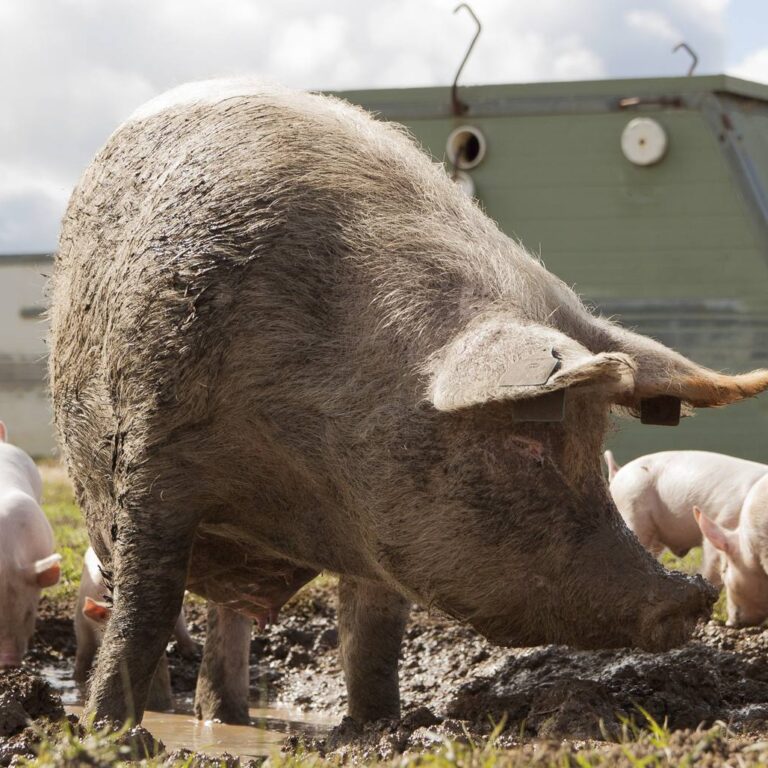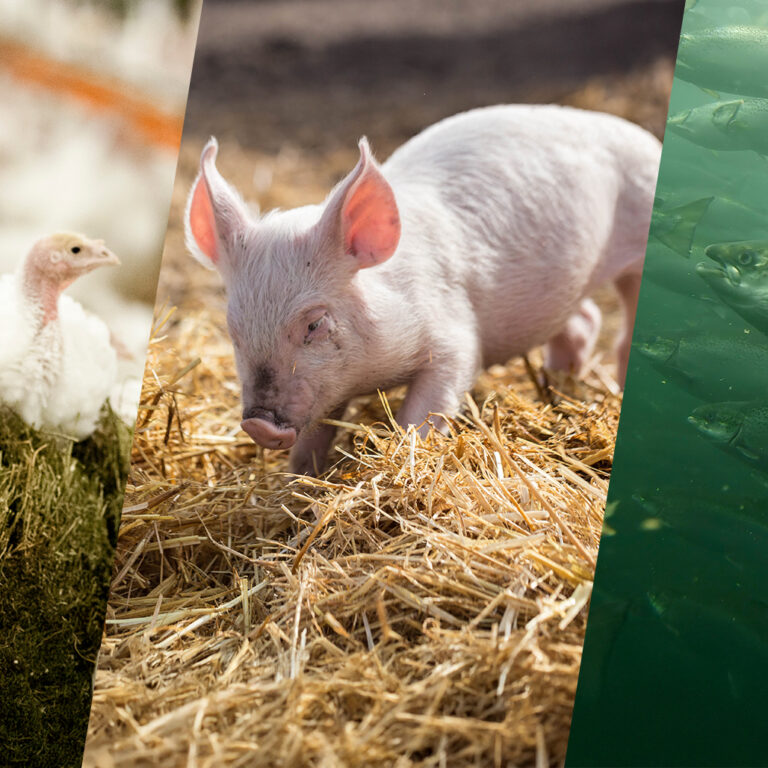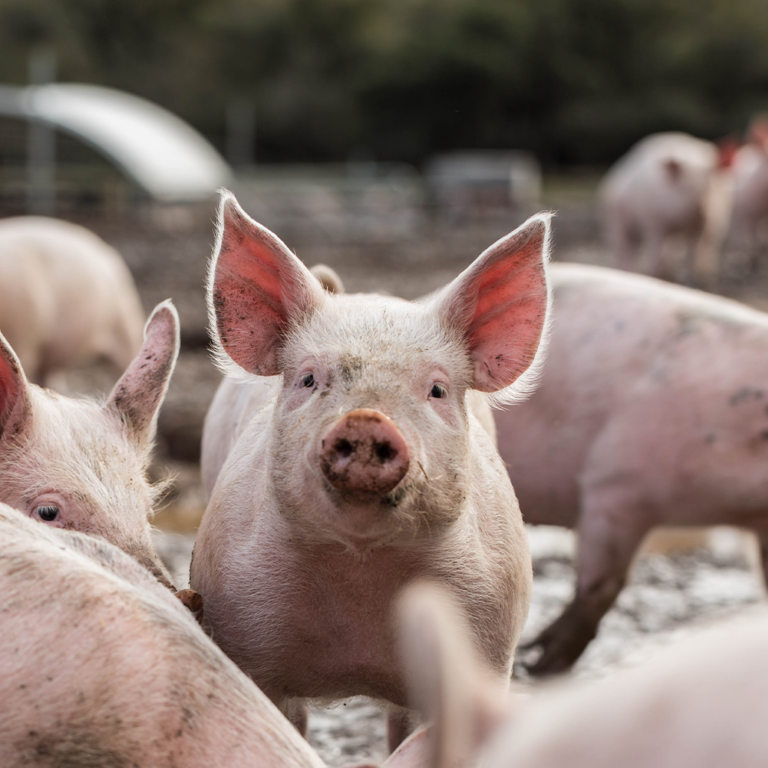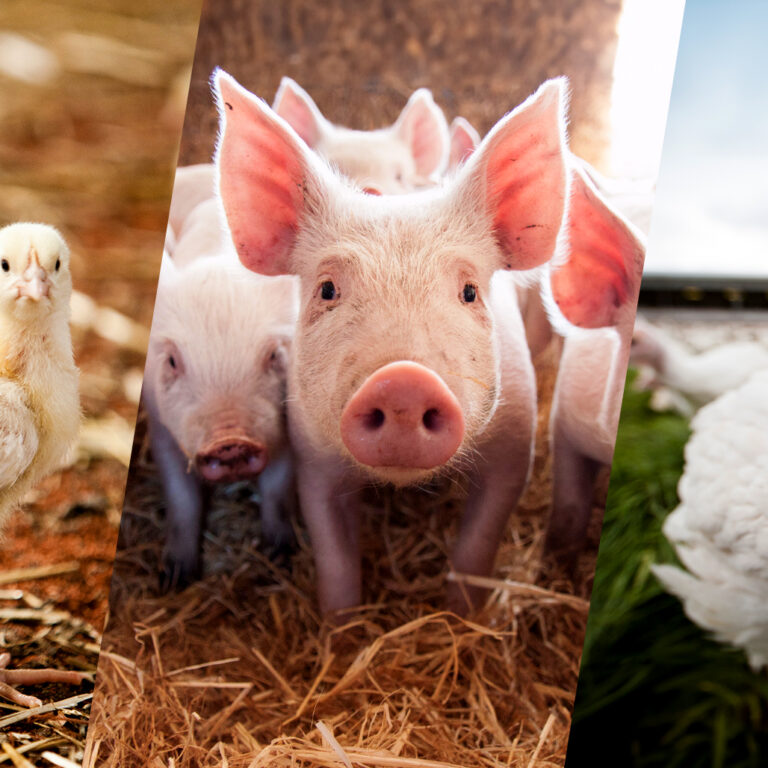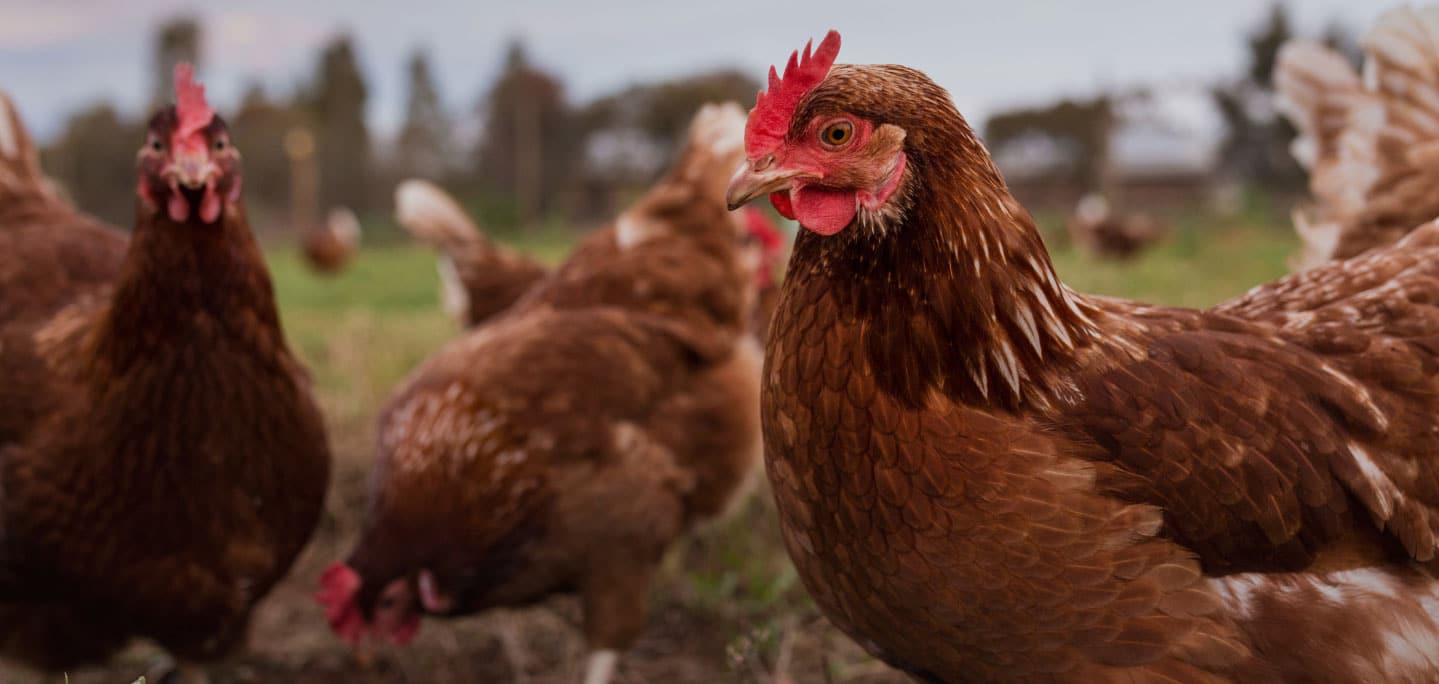It’s exciting to see more and more Australians taking an interest in the welfare of pigs raised on farms. In recent years, we’ve seen the issue of sow stalls gain public interest and attention, for the negative effects they have on a sow’s (mother pig) welfare. In response to this public concern, the Australian pork industry has made a commitment to voluntarily phase out sow stalls.
But there’s a lot more that goes into creating a positive environment for pigs on farm. Read on to find out more about the complex needs of these intelligent animals.
The right housing is very important for sows
Pigs are intelligent, social animals, and need to have the freedom to express their natural behaviours in order to have their needs met.
Conventional farming systems use sow stalls and farrowing crates to manage sows from when they are pregnant, to after they have given birth and until their piglets are weaned. Sow stalls are used to prevent sows from being aggressive to each other during their gestation, and farrowing crates are used to protect piglets from being crushed by sows. Whilst most Australian fresh pork is now sow stall free, the vast majority of bacon, ham and salami is made from imported pork. Many of the countries Australia imports pork from still have sow stalls in their farming systems.
Intensive confinement from stalls and crates causes mental and physical stress to sows, and are not required if pregnant sows are housed in appropriate groups, and when close to giving birth to their litter, are moved to individual housing to give birth and suckle their piglets. This housing should include materials for the sows to build nests with, and warmth and protection from crushing for the piglets.
The need for an enriched environment
As intelligent animals, pigs can become bored and exhibit aggressive behaviours when not provided with things to do. Currently around 90% of Australia’s pigs are reared indoors and unfortunately many are not provided with the enrichment they need to fulfil their behavioural needs.
One need in particular is that pigs enjoy foraging, and it’s very important that they are provided with the right materials when housed indoors to engage in this natural behaviour. Foraging materials need to have certain qualities to satisfy pigs – it needs to be ingestible, destructible, chewable and/or have a scent.
New and different materials need to be provided regularly to keep pigs interested and to ensure their foraging needs are being met.
Pigs also love to wallow, and this is another important natural behaviour that should be provided for if housed outside. Wallowing serves a number of purposes – it’s a social behaviour, and pigs will often wallow in groups; it may be related to scent-marking; and coating themselves in mud can help pigs regulate their body temperature in warm weather.
There’s a reason why we have the expression, ‘as happy as a pig in mud’ – because being able to wallow is a big part of improving pig welfare!
What do the RSPCA Approved Farming Scheme Standards require for pigs?
On RSPCA Approved pig farms, farrowing crates and sow stalls are not allowed. Pregnant sows are housed in groups, and sows that are ready to give birth or are suckling piglets are provided with individual housing with adequate bedding and space to allow them to nest build and to allow them to interact with their piglets.
Environmental enrichment is provided on RSPCA Approved pig farms, to provide pigs with the opportunity to express their natural foraging behaviours. You can read all about the RSPCA Approved Farming Scheme Standards for pigs here.
Or check out this video:

